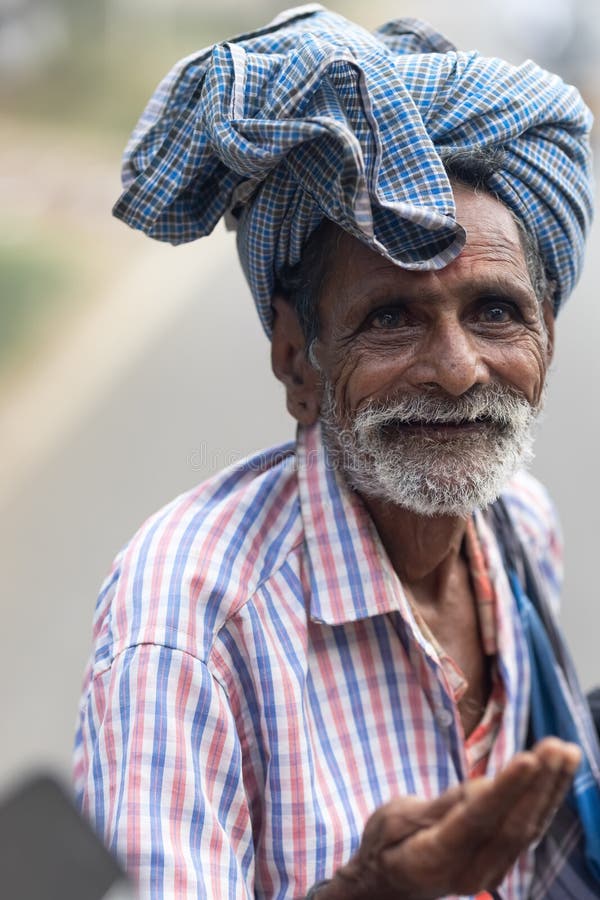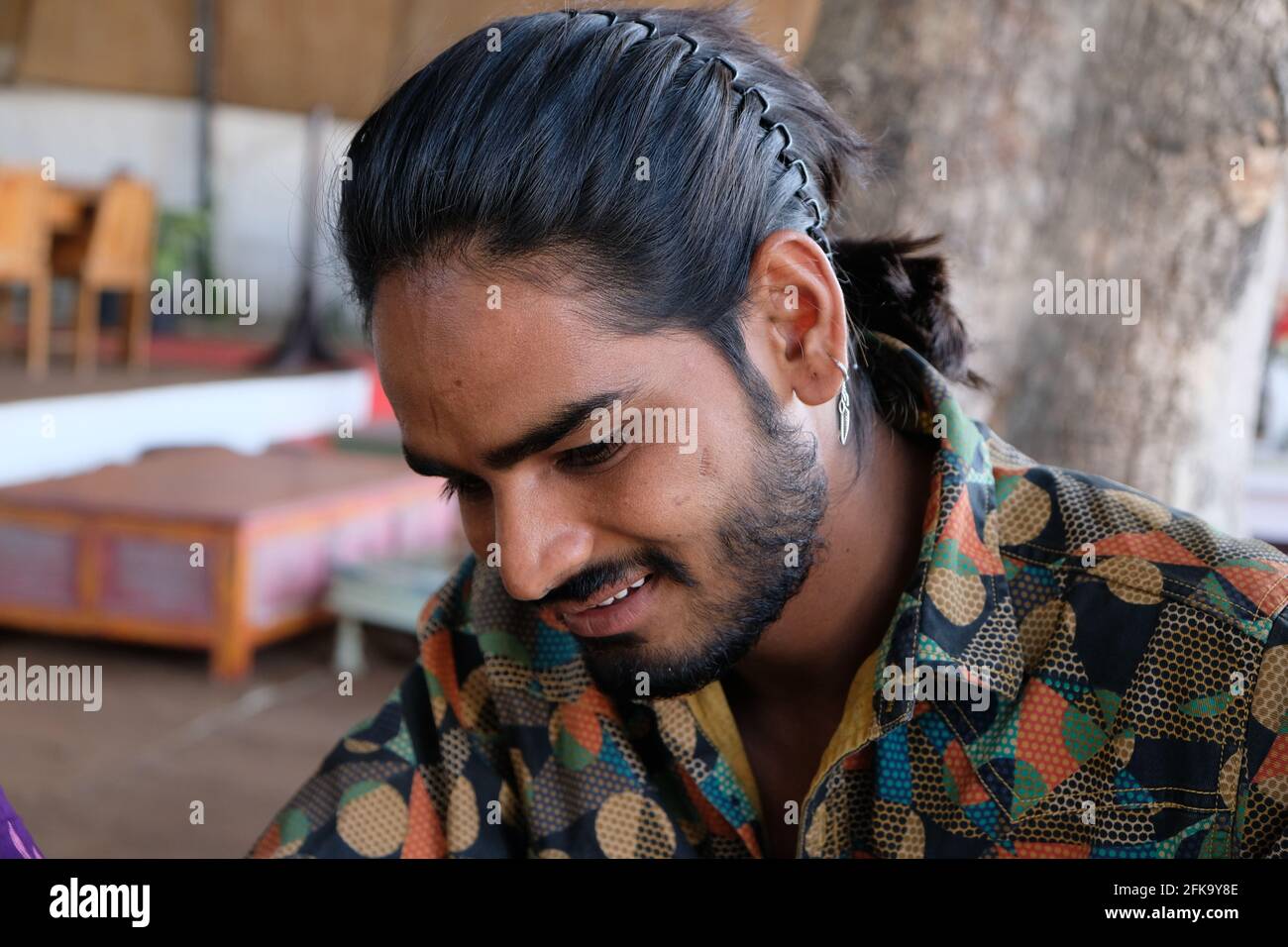When people search for "Indian slurs," they're often looking to understand or avoid harmful language that targets individuals of Indian origin or descent. This article dives into the topic with respect and sensitivity, offering insights into where these terms come from, why they hurt, and how we can all be more mindful in our language use. Whether you're trying to learn more for yourself, a friend, or a colleague, this post is here to help you navigate the conversation with care.
India is a country rich in culture, languages, and traditions. It's home to over 1.4 billion people and is known around the world for its contributions to technology, food, and art. Yet, despite its global influence, people of Indian heritage sometimes face prejudice, including through the use of derogatory language. Understanding these slurs isn’t just about knowing the words — it’s about recognizing the harm they cause and choosing to be part of the solution.
So why does this matter? For starters, language shapes how we see the world and how we treat each other. Words can uplift or tear down, connect or divide. By learning more about Indian slurs, we can help create a more inclusive, respectful space for everyone — whether in person, online, or in the workplace. Read on to learn more about the topic, and how you can be a better ally in today’s diverse world.
Table of Contents
- What Are Indian Slurs?
- History Behind the Terms
- Why These Slurs Hurt
- How to Respond If You Hear One
- Ways to Be a Better Ally
- FAQ
What Are Indian Slurs?
Indian slurs are words or phrases used to mock, belittle, or stereotype people of Indian origin or descent. While these terms vary by region and context, they often carry a history of colonialism, racism, or cultural misunderstanding. Some examples include terms like “curry muncher,” “dot head,” or “bhangi,” each of which has been used to demean or otherize people of Indian background.
These slurs are not just offensive — they can be deeply hurtful. They reduce complex identities to caricatures and ignore the diversity within the Indian diaspora. For instance, India itself is made up of 28 states and 8 union territories, with over 120 languages spoken across the country. Reducing all of that to a single slur is not only wrong — it’s lazy and ignorant.
It’s important to note that while some may use these words casually or without intent to harm, the impact is still damaging. Language evolves, but hurtful words leave scars. That’s why understanding what these slurs are — and why they matter — is a crucial step toward building more inclusive communities.
History Behind the Terms
Many Indian slurs have roots in colonial history. During British rule in India, which lasted from 1858 to 1947, Indian people were often portrayed as inferior, exotic, or primitive in Western media and literature. These stereotypes persisted even after independence, and some evolved into the slurs we see today.
For example, the term “dot head” refers to the bindi — a traditional forehead marking worn by many Indian women. However, when used as a slur, it strips the symbol of its cultural meaning and turns it into an object of ridicule. Similarly, “curry muncher” is a demeaning way to refer to Indian food, reducing a rich and diverse cuisine to a stereotype.
These kinds of terms weren’t just used in the past. They still show up in schools, workplaces, and online spaces today. That’s why it’s so important to call them out and challenge their use whenever we hear them — because silence can be just as harmful as the words themselves.
Why These Slurs Hurt
Words have power — and when someone uses a slur, it can feel like a personal attack. For many people of Indian heritage, hearing these slurs can bring up feelings of shame, anger, or sadness. It can also make them feel unwelcome or unsafe in certain environments.
Think of it this way: if someone kept calling you by a name that made fun of your background, wouldn’t that affect how you see yourself? That’s exactly what slurs do — they chip away at a person’s sense of belonging. And for younger people especially, this can have lasting effects on their self-esteem and mental health.
It’s also worth noting that Indian slurs are sometimes used alongside other forms of discrimination, like racism or xenophobia. This can make the experience even more isolating. By understanding why these terms hurt, we can begin to create spaces where everyone feels respected and valued.
How to Respond If You Hear One
If you hear someone using an Indian slur, it’s important to speak up — even if it feels awkward at first. Here are a few ways to respond respectfully and effectively:
- Call it out gently: You can say something like, “I know you might not mean any harm, but that term can really hurt people.”
- Ask questions: Encourage others to think about why they’re using that word. For example, “Have you ever thought about how that might make someone feel?”
- Support the person affected: If someone has been targeted, let them know you’ve got their back. A simple, “That wasn’t okay,” can make a big difference.
Remember, standing up for others isn’t about being confrontational — it’s about being kind. And when we all take small steps like this, we help build a world where everyone feels safe to be themselves.
Ways to Be a Better Ally
Being an ally means more than just avoiding slurs — it’s about actively supporting and uplifting Indian voices. Here are a few ways to do that:
- Learn more about Indian culture: Read books, watch films, or try dishes from different regions of India. The more you know, the more you’ll understand.
- Speak out when you hear something wrong: Don’t stay silent. Even a small comment can challenge harmful language.
- Support Indian-owned businesses: Whether it’s a restaurant, a bookstore, or a tech startup, your support can make a big difference.
One great example of Indian culture you can explore is Nadu Chicago, a restaurant that pays tribute to the many flavors of regional Indian cuisine. From the coastal zest of the south to the bold spices of the north, places like this showcase the richness of Indian food and culture. Learn more about Nadu here.
By taking these steps, you’re not just avoiding slurs — you’re helping to build a more inclusive world. And that’s something we can all feel proud of.
Frequently Asked Questions
What is the most common Indian slur?
While it's hard to pin down a single most common slur, terms like “curry muncher” and “dot head” have been used widely in different parts of the world to mock people of Indian descent.
Why do people use Indian slurs?
Sometimes it's out of ignorance or a lack of understanding about Indian culture. Other times, it's rooted in racism or a desire to exclude others. Either way, these slurs have no place in a respectful society.
How can I educate others about Indian slurs?
Start by having honest conversations. Share what you’ve learned, explain why certain words are hurtful, and encourage others to think critically about their language.
Learn more about cultural awareness on our site, and check out how brands like Indian Motorcycle are also celebrating diversity and heritage in their own way. Read more here.



Detail Author:
- Name : Annette Muller
- Username : zsimonis
- Email : jacynthe29@koss.biz
- Birthdate : 1985-09-24
- Address : 2662 Lincoln Dale West Jake, LA 89336-9010
- Phone : +1-989-216-8020
- Company : Eichmann Group
- Job : Irradiated-Fuel Handler
- Bio : Qui fugiat dolores aut ut aut aliquam dolorum. Reiciendis itaque quaerat maxime explicabo. Illo dolor asperiores tempore quidem asperiores eaque.
Socials
facebook:
- url : https://facebook.com/tdickens
- username : tdickens
- bio : Accusamus alias omnis sunt eveniet eius ipsum.
- followers : 6136
- following : 1900
twitter:
- url : https://twitter.com/thomas.dickens
- username : thomas.dickens
- bio : Sint non ipsam animi. Possimus rerum dolores architecto reprehenderit quae. Atque debitis nihil voluptates impedit quo dolorem consequatur.
- followers : 2126
- following : 2807
tiktok:
- url : https://tiktok.com/@tdickens
- username : tdickens
- bio : Consequatur voluptatem eius sequi maiores tempora voluptas qui.
- followers : 2497
- following : 2356
linkedin:
- url : https://linkedin.com/in/thomas.dickens
- username : thomas.dickens
- bio : Sunt atque facilis quia.
- followers : 202
- following : 2380
instagram:
- url : https://instagram.com/thomas_dickens
- username : thomas_dickens
- bio : Deserunt eligendi sint dolorum. Eaque explicabo iure aut sequi iste perferendis.
- followers : 5370
- following : 585

